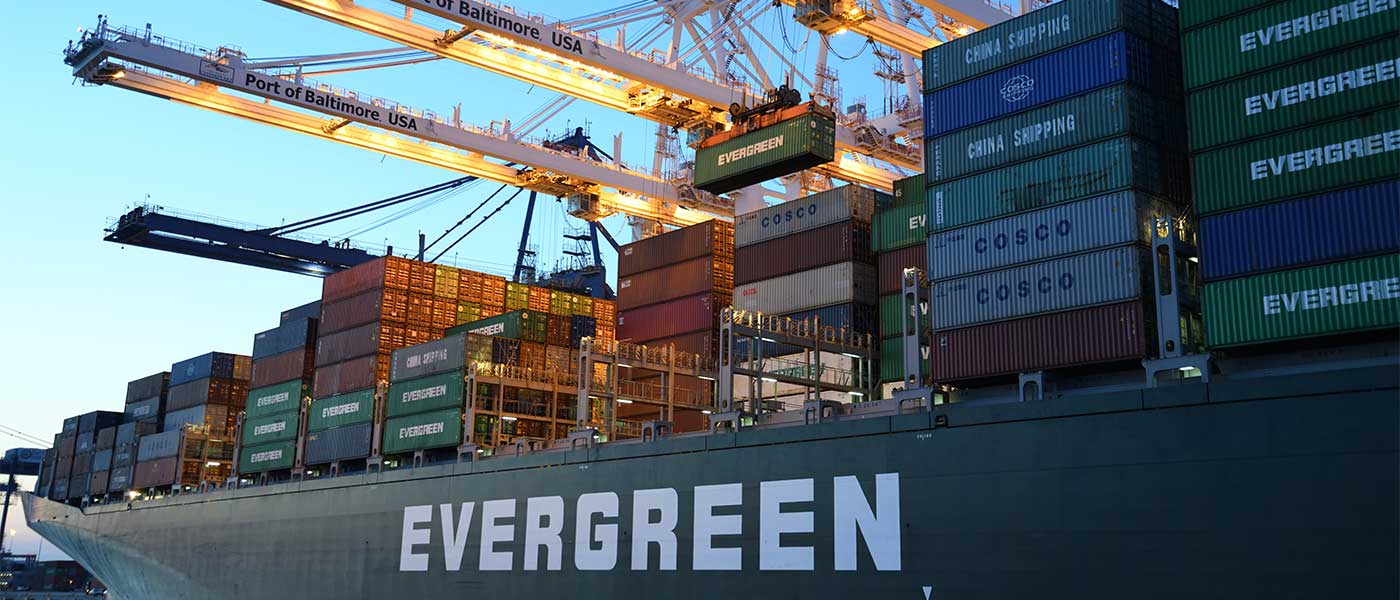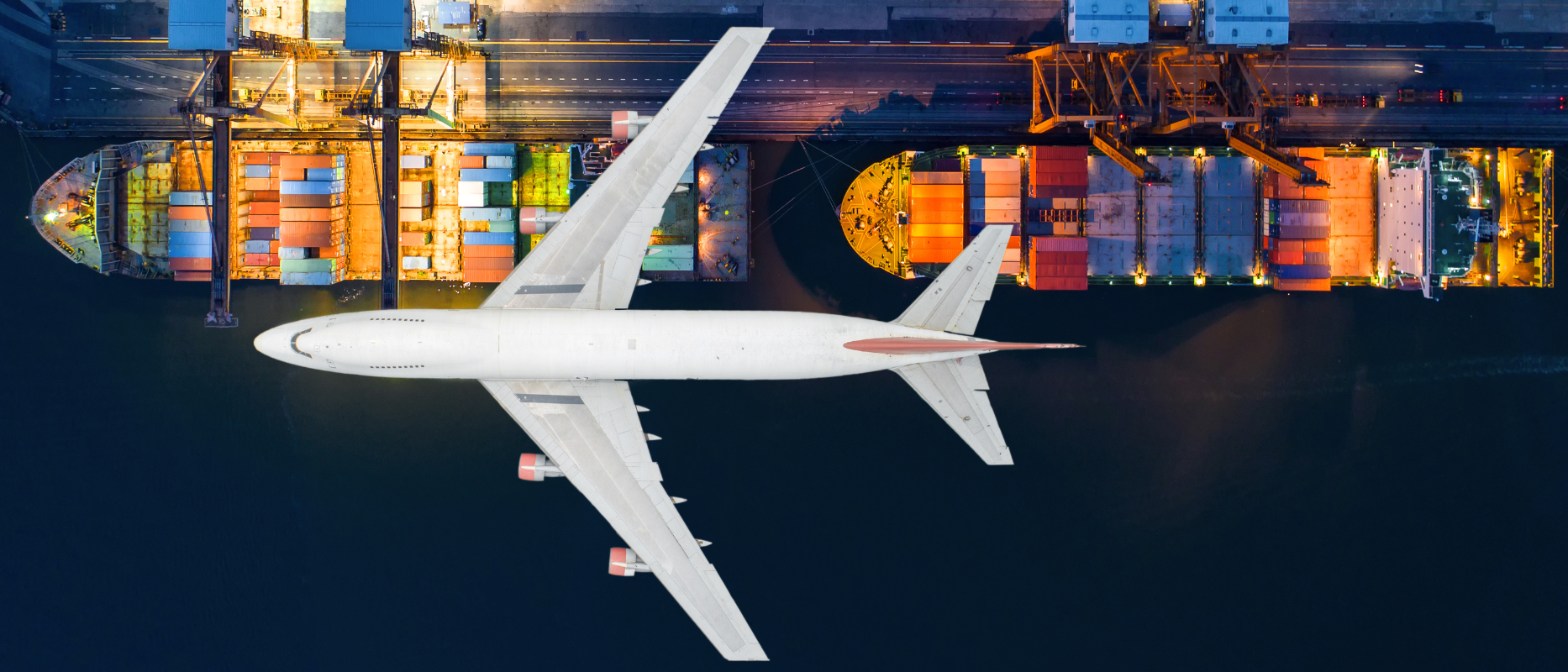E-commerce is already growing at a steady pace across Southeast Asia. It is expected that the overall growth of business-to-business (B2B) and business-to-consumer (B2C) transactions across this region will grow to be worth US$146 billion by 2025.
The lockdowns due to the COVID-19 pandemic in just about every country in this region have only spurred new business models to rise. They became the only few available lifelines for essential goods across Southeast Asians during this period and proved that e-commerce can become a major force in delivering the necessary goods and services to everyone, regardless of their economic status.
But while e-commerce has helped elevate the demand for goods, it also came with its own set of problems. Among the more pressing ones is consumer protection. While most governments have implemented e-commerce and cybercrime laws, these governments have had various levels of implementation on consumer protection. Most have utilized existing laws, but others have only recently started to develop laws or guidelines to ensure that online buyers are secure from unfair trade practices by online merchants.
The list below shows the implementation of consumer protection laws related to e-commerce among Southeast Asian countries. Please note that this list only discusses the available laws pertaining to e-commerce consumer protection. It is not intended to be a complete list. New policies are still being considered and discussed among these governments, so follow-up stories could be necessary.
SINGAPORE
Even with a robust e-commerce industry, Singapore does not have any consumer protection laws focused only on e-commerce problems. But its current consumer protection laws, like the Consumer Protection (Fair Trading) Act of 2003, are in place to cover all transactions, including electronic ones. This law prevents sellers from doing unfair practices, such as selling defective goods or not delivering items already ordered and paid for.
This law covers transactions between a business and a customer but does not cover C2C (customer to customer) or B2B (business to business) consumer issues. Nevertheless, local Singaporean customers and tourists who purchase goods in Singapore are entitled to protection under this law.
MALAYSIA
Malaysia’s Consumer Protection Act of 1999 covers all goods and services that are offered in traditional trade transactions online.
It was amended in 2007 to further protect the interests of consumers online. The amendments are in the same vein as those in the United States and European Union countries where consumers are protected from unfair practices or fraud done by online sellers.
BRUNEI
Brunei does not have any consumer protection laws for e-commerce transactions but it passed the Consumer Protection (Fair Trading) Order in 2011, which covers just about all trades. It penalizes several unfair practices from the seller to the consumer.
PHILIPPINES
The Philippines passed the E-commerce Act No. 8792 in 2000, but its consumer protection provisions rely largely on the Consumer Act No. 7394, signed in 1992.
However, the Philippine government had also released new laws covering online activities. Among these Data Privacy Act No. 10173 and the Cybercrime Prevention Act 10175. It also established the National Standards Body that implemented guidelines on electronic commerce transactions.
THAILAND
In Thailand, the Department of Business Development is the oversight of e-commerce. It implements the following laws that are said to apply to e-commerce: Electronic Transactions Act B.E.2544, Commercial registration B.E 2499, Notification of the Ministry of Commerce B.E. 2553, the Consumer Protection Act B.E. 2522, and the Direct Sales and Direct Marketing Act B.E. 2545.
VIETNAM
Due to the rising use of e-commerce platforms and services among its constituents in early 2000, the Vietnamese government began passing laws to ensure that both consumers and businesses are protected. Chief among these laws are the following:
- Law No.51/2005/QH11 on E-transaction
- Law No.36/2005/QH11 on Commercial Law No.61/2020/QH14 on Investment (“Law on Investment”)
- Decree 52/2013/ND-CP on E-commerce (“Decree 52”) Decree 09/2018/ND-CP (“Decree 09”)
Vietnam’s Ministry of Industry and Trade released Decree No. 85/2021/ND-CP that amended some provisions on e-commerce to widen the scope of the protection of consumer rights, including foreigners buying or trading in Vietnam
INDONESIA
E-commerce in this country is mainly covered by Law No. 7 of 2014 on Trade. It is extended by the long-awaited Government Regulation No. 80 of 2019 on Trade Through Electronic System.
This particular law must also respect Indonesia’s Law No. 8 of 1999, an overarching guide for all types of trade in this country.
MYANMAR
Before the pandemic, as well as the takeover of its government by the military junta, Myanmar’s previous administration pursued a working e-commerce law. In 2004, it passed the Electronic Transaction Law and in 2017, it created the Digital Economy Development Committee to pursue e-commerce growth in the country.
Laws to protect online consumers have yet to be passed.
LAOS
Laos has a surprising number of laws governing e-commerce trade:
- Civil Code No. 55/NA dated 6 December 2018
- The Decree on Electronic Commerce No. 296/GOV dated 12 April 2021
- Law on Electronic Signature No. 59/NA dated 12 December 2018
- Law on Electronic Transaction No. 20/NA dated 7 December 2012
- Decision on Wholesale and Retail Business No. 1005/MOIC.ITD dated 22 May 2015
- Law on Consumer Protection No. 02/NA dated 30 June 2010
- Law on Electronic Data Protection No.25/NA dated 12 May 2017
- Law on Payment System No.32/NA dated 7 November 2017.
Its Decree on Electronic Commerce No. 296 outlines the requirements for businesses to follow to ensure consumer protection.
TIMOR-LESTE
Being a relatively new country in the Southeast Asian region, Timor-Leste still has to make some headway when it comes to e-commerce consumer protection. Its information technology infrastructure and related legislative policies have yet to form up.
Some banks have started offering e-banking services, which could help jumpstart the country’s drive towards e-commerce.
CAMBODIA
The Cambodian government enacted the Law on Electronic Commerce and the Law on Consumer Protection in 2019 to help spur the domestic e-commerce industry.
The laws came at the most opportune time when the world was locked down due to the COVID-19 pandemic. Many digital startups in Cambodia helped blunt the economic impact of the lockdowns.











